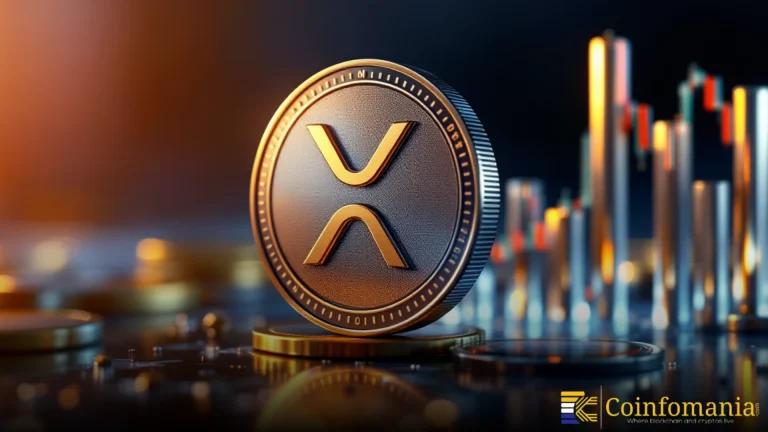Popular Ghanaian Pallbearers Sold Viral Coffin Dance Video as NFT for $1 Million
By
Lucky Ebosele
Ghanaian pallbearers have just auctioned and sold their viral coffin dance video as a non-fungible token (NFT) for 327 ETH (Approx. $1 million) on Foundation NFT marketplace. The Dubai-based 3F Music studio was the highest bidder and purchased the NFT on Saturday, April 9, 2022. The viral coffin dance video NFT was minted in collaboration […]

Ghanaian pallbearers have just auctioned and sold their viral coffin dance video as a non-fungible token (NFT) for 327 ETH (Approx. $1 million) on Foundation NFT marketplace.
The Dubai-based 3F Music studio was the highest bidder and purchased the NFT on Saturday, April 9, 2022.
The viral coffin dance video NFT was minted in collaboration with the Ukrainian PR community. According to the report, half of the proceeds will go to Ukrainian charity organizations to support the country in its ongoing war against Russia.
Congratulations to the official owner of Coffin Dance world fame @3fmusic
We would like to say thank you to everyone who supported our NFT, especially guys from the @Bads_Zlodei: Dmitry Makarov, Eugene Lapitsky, Mykhailo Vatazhok #NFT #Coffindance #MemeEconomy pic.twitter.com/uPmOC9IkYl
— Benjamin Aidoo (@nanaotafrija) April 9, 2022
The “Coffin Dance” Video
The video shows pallbearers dancing while carrying a coffin. It was released in 2020 by a group of pallbearers based in Accra, Ghana and headed by Benjamin Aidoo.
It quickly became a popular internet meme and a source of entertainment during the 2020 lockdown due to the COVID-19 pandemic.
The video was mostly used to create memes that sought to encourage people to “stay safe at home or dance with the peddlers.”
Demand for NFTs on the Rise
Non-fungible tokens are something of value that is not interchangeable. The demand for NFTs is steadily on the rise, with avid collectors paying millions of dollars to acquire them.
Last year, NFT trading volume skyrocketed 21,000% from 2020 to over $17 billion with wallet addresses trading these assets moving from 89,000 to 2.5 million, according to data from Nonfungible.com. Number of buyers also increased from 75,000 in 2020 to 2.3 million in 2021.
Meanwhile, Coinfomania reported in January on how a 22-year old Indonesian student, Sultan Gustaf Al Ghozali posted his NFT collection on OpenSea as a joke and later became shocked when it sold for over $1 million on the platform.
In another development, the biggest music label in the world, Universal Music Group (UMG), last month acquired a Bored Ape Yacht Club (BAYC) NFT for $360,817 via its web3 label, 10:22PM.
Follow us on Google News
Get the latest crypto insights and updates.
Related Posts

Charles Hoskinson Praises Bitcoin and Cardano While Criticizing Ethereum’s Design
Triparna Baishnab
Author

XRP Holders Capitulate in Q4 as Realized Losses Spike Sharply
Triparna Baishnab
Author

Matador Secures Regulatory Approval to Fund Major Bitcoin Expansion
Vandit Grover
Author